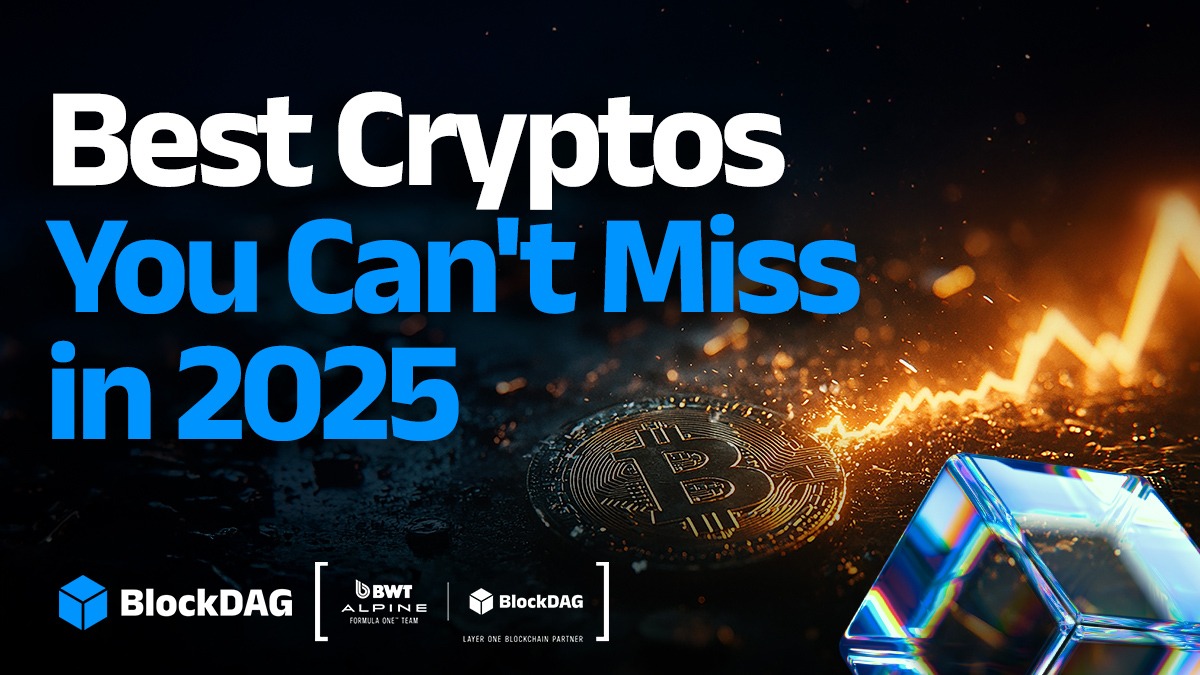Regulatory transparency drives a boom in crypto ETFs, with major players such as T. Rowe Price joining the market
- Canary Capital launches first U.S. ETFs for Litecoin and HBAR on Nasdaq, enabled by SEC's post-shutdown regulatory clarity streamlining crypto fund approvals. - T. Rowe Price files active crypto ETF targeting 5-15 assets including Bitcoin, while Fidelity and Osprey expand offerings, signaling institutional adoption acceleration. - Over 155 crypto ETFs await approval as eased regulations and growing demand drive market maturation, with analysts predicting over 200 listings in the next year.
Canary Capital is preparing to introduce the first U.S.-based exchange-traded funds (ETFs) that will track
Recent SEC directives have enabled companies to submit S-1 registration statements without waiting for amendment reviews, thereby speeding up the approval timeline. This follows the SEC’s earlier approval of crypto ETF listing standards before the shutdown, allowing many applications to move forward quickly. Industry insiders also anticipate the Grayscale Solana Trust ETF will be available soon.
Both Litecoin and HBAR rank among the top 30 cryptocurrencies by market cap. Litecoin is recognized for its peer-to-peer network that facilitates quick and affordable transactions, while HBAR powers the
This development reflects a larger movement of established asset managers entering the cryptocurrency market. T. Rowe Price, a longstanding firm with $1.8 trillion in assets under management, submitted its first actively managed crypto ETF application on October 22, aiming to invest in 5-15 digital assets such as
At the same time, Fidelity Digital Assets has expanded its crypto trading services to include Litecoin in addition to Bitcoin and Ethereum, as reported by
Canary’s ETF rollout highlights the growing maturity of the crypto market as more institutional investors look to tap into the demand for digital assets. The performance of these ETFs will rely on overall market trends, regulatory developments, and how Litecoin and HBAR fare in the often unpredictable crypto environment.
Disclaimer: The content of this article solely reflects the author's opinion and does not represent the platform in any capacity. This article is not intended to serve as a reference for making investment decisions.
You may also like
Top Cryptos with Most Potential: BlockDAG, Dogecoin, Pepe, and Shiba Inu Gain Momentum

Solana News Today: Grayscale Connects Conventional Finance and Blockchain through Solana Trust
- Grayscale launches GSOL, the U.S.'s largest publicly traded Solana spot fund, offering direct SOL token exposure and staking integration. - Solana's network generates $425M monthly fees, supports 500+ dApps, and maintains 1,000+ active developers, reinforcing institutional confidence. - Regulatory progress includes Hong Kong's Solana ETF approval and U.S. applications, while SOC certifications enhance staking security for risk-averse investors. - Despite recent price dips, Grayscale highlights Solana's u

Thailand Strikes a Balance Between Crypto Regulation and Tourist-Focused Digital Baht Trial
- Thai SEC and CCIB raided a Worldcoin iris scanning site in Bangkok, arresting suspects for operating an unlicensed crypto exchange under the 2018 Emergency Decree. - Worldcoin’s biometric data collection for WLD tokens faces scrutiny in Thailand and globally, with regulators citing unlicensed services and privacy violations in Kenya, Germany, and France. - Authorities emphasized the crackdown aims to prevent fraud and money laundering, while Worldcoin introduced privacy upgrades like SMPC encryption and

Ethereum Updates: SHIB's Massive Token Burns Fail to Address Utility Gap
- Shiba Inu (SHIB) token's 26,493% daily burn rate spike fails to resolve its core issue: lack of tangible utility despite increased scarcity. - Shibarium's stagnant Total Value Locked (TVL) highlights structural flaws, as platform upgrades like BONE Plasma Bridge relaunch show no meaningful adoption growth. - SHIB's price volatility (23% monthly decline) contrasts with Ethereum's institutional adoption, exposing its inability to capitalize on network growth due to limited functionality. - Analysts stress
